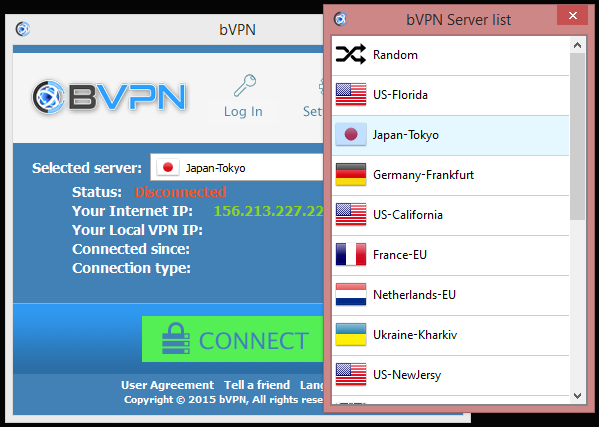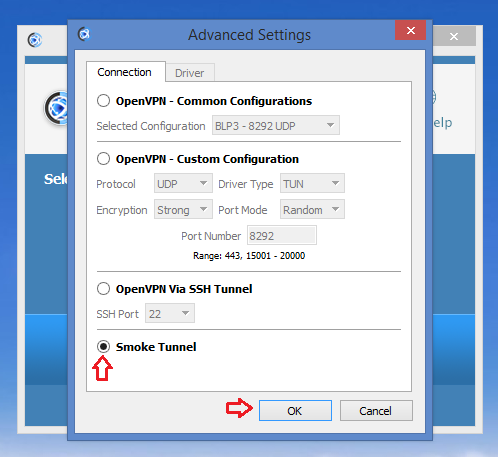In many parts of the world where small talk is usually all about weather and sports, in China it’s about new VPN providers in the market. VPNs are not only essential for expats who are looking to access Facebook and Snapchat; Chinese citizens are just as well as hungry for new VPN services. Not to mention multinational firms such as Apple and Microsoft that count on VPNs to survive and protect their highly sensitive data from being accessed by Chinese government.
VPN is an entire industry that has been built around evading the Great Firewall of China. VPN providers are in a constant battle against the Great Firewall; striving hard to maintain their services working in China.
VPNs Optimized for The Great Firewall
A VPN that provides “normal” VPN connection using old orthodox methods cannot keep up with the sophisticated Deep Packet Inspection technology of the Great Firewall. Hence it will not survive in China and will shortly come to an end. Unless it uses some sort of additional encapsulation, VPN connection will not be able to avoid being detected and blocked.
b.VPN was one of very few providers that used tunneling OpenVPN through SSH (Secure Shell) as a “cloacking” technology to hide VPN connection in China in a single click app without complicated setup instructions.
Read more https://www.bridgevpn.com/en/faq/30/
However, as the Great Firewall is steadily updated to hinder the encrypted protocol tunneling connections, b.VPN has improved its anti-detection technology and launched SMOKE; a high-end UDP tunnel for a more reliable and secure VPN connection that cannot be identified by DPI while sustaining connection stability and speed.
How Does SMOKE Work
No need for endless setup instructions, SMOKE mode can be turned on in a single click. Download and install b.VPN on your PC or Mac then click “Gear” icon to open “Advanced Settings” window. You’ll notice “Smoke Tunnel” radio button, click it to turn it on then click “OK”.
You can try b.VPN for one hour on a daily basis and you don’t even need to sign up for an account. If you would like to test connection stability for a longer period, you can sign up and ask for a free trial voucher that will give you 3 day subscription.
Other Core Features in b.VPN to Work in China
DNS leak protection: in previous articles, we’ve discussed DNS leak and how it destroys the main benefit of using VPN which is hiding the user’s IP address.
Read more https://www.vpnanswers.com/all-about-dns-leaks/
And we’ve discussed that to prevent DNS leak there are setups and even apps that can be installed.
Read more https://www.vpnanswers.com/how-stop-your-dns-leaking-while-using-vpn/
However, in the latest b.VPN version, DNS leak protection feature is built-in and automatically turned on.
Japan VPN server: few VPN providers will have servers in Asia. b.VPN has a VPN server located in Tokyo, Japan and another located in Singapore. VPN server’s geographic location is an important factor to guarantee that your Internet connection will not be negatively affected. The rule here: the closer the VPN server is located to your current geographic location, the better connection speed will be. Still, this rule doesn’t always apply.
VPN protocols used: in most cases, OpenVPN is the most reliable VPN protocol since it offers high encryption 256-bit, it’s supported by most operating systems and it’s very easy to use. In China this is not the case; OpenVPN is strangely the least reliable VPN protocol to use. TCP OpenVPN protocol is currently blocked in China which leads to connection keeps resetting issue. b.VPN allows the user to choose between 3 OpenVPN connection modes other than TCP: UPD, SSH and SMOKE.
Another good point about b.VPN is that most VPN providers will present PPTP as an alternative for OpenVPN which is not only blocked in China but also incredibly slow and insecure and offers the least degree of encryption (128-bit). b.VPN presents L2TP/IPsec as an alternative for OpenVPN. L2TP/IPsec is not blocked in China and offers just the same degree of encryption as OpenVPN and that is why it’s highly recommended especially for portable devices. b.VPN relies on L2TP/IPsec for iOS users; for both application and manual setup. L2TP/IPsec is also supported by Android, Windows and Mac OS in case you’re not able to download b.VPN applications.
Alipay accepted: Alipay is known as China’s leading third-party online payment platform. Luckily enough, it’s accepted at bvpn.com. You can get a paid VPN account starting from $7.5/month for annual subscriptions. 1 VPN account will allow you 2 simultaneous VPN connections.



